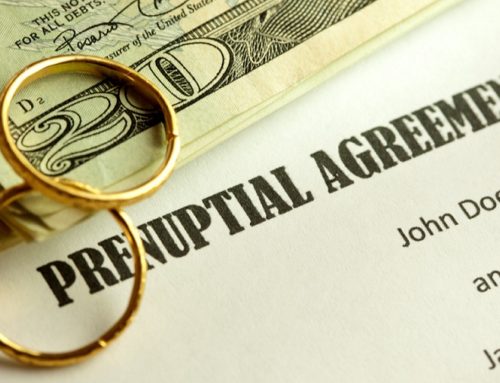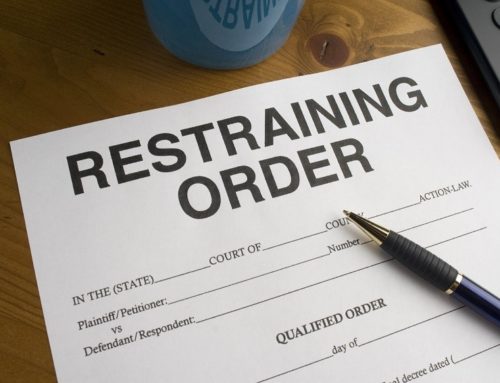Division of Marital Assets & Liabilities
Florida Statutes § 61.075 requires an equitable distribution of parties’ marital assets and liabilities. This Statute’s purpose is to make a fair and reasonable separation of marital assets and liabilities accumulated by the parties during the marriage.
In Distributing Marital Assets and Liabilities: The Court must begin by setting apart each spouse’s nonmarital assets and liabilities, which means assets or property obtained or purchased prior to the marriage. Those assets are nonmarital and are generally not included in the division of assets subject to exceptions. The Court then looks to the assets and liabilities accumulated during the marriage, in order to make an “Equitable Distribution”.
What are marital assets and liabilities pursuant to Florida Statutes § 61.075(6)? :
Assets acquired and liabilities incurred during the marriage, individually by either spouse or together;
Increase in value and appreciation of non-marital assets from either the efforts of either party during the marriage or from the contribution to or expenditure of marital funds or other forms of marital assets, or both.
Interspousal gifts during the marriage;
All real and personal property held as tenants by the entireties;
Examples of Assets include: marital home, bank accounts, pension plans, jewelry given during the marriage , business interests.
Examples of Liabilities include: mortgages, credit cards debt, student loan.
The court begins with the premise that the distribution should be equal, meaning each should receive half of the assets and debts unless there is a justification for an unequal distribution. Factors considered by a court when making equitable distribution are the following:
1. The contribution to the marriage by each spouse, including contributions to the care and education of the children and services as homemaker.
2. The economic circumstances of the parties.
3. Duration of the marriage.
4. Any interruptions of personal careers or educational opportunities of either party.
5. The desire to keeping any asset for example interest in a business, corporation, or professional practice free from claims by the other party;
6. The desire to keeping the marital home as a residence for a spouse, or any minor children if the court finds it is in the child’s best interest.
7. The intentional waste, depletion or destruction of marital assets.
Before you go to court for a divorce proceeding, it is best to contact a qualified family law attorney who can represent your best interests. Call Jeannette Watkin, Esq. to represent you in your divorce proceedings. Contact JWatkin Law. P.A., for a confidential consultation at (786) 272-6360, or contact us online.









